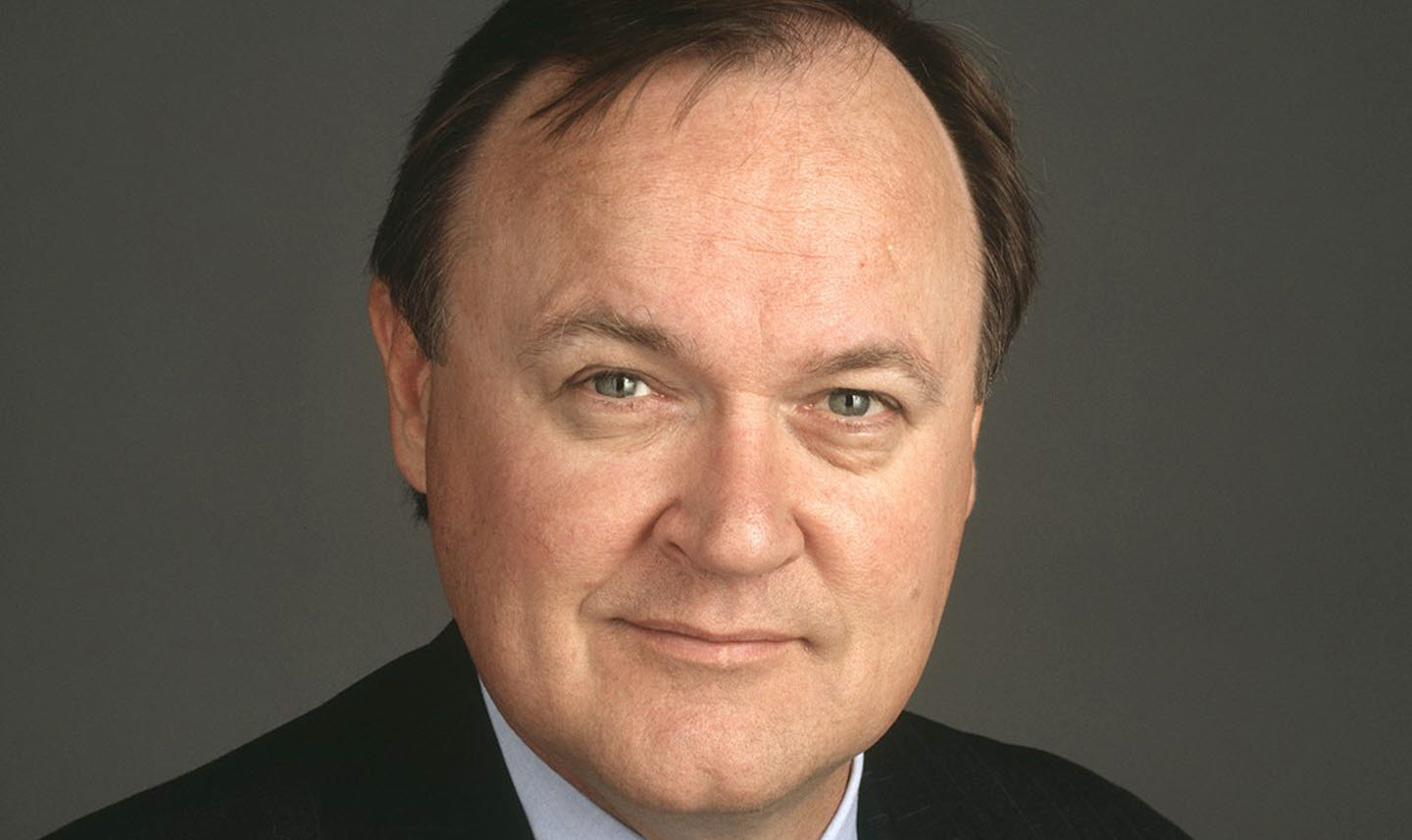1994 - Urban Bäckström becomes Governor of the Riksbank

By the time Urban Bäckström became Governor of the Riksbank, the financial system had started to recover from the financial crisis. The Riksbank became formally independent. Sweden joined the EU and preparations for the possibility of joining the monetary union started.
Urban Bäckström (born 1954) was born in Sollefteå. After having worked in his father’s forestry business for a couple of years, he decided to study economics. He worked at the Ministry of Economic Affairs, as chief economist for the Moderate Party and, later, for the Swedish Shareholders’ Association. In Carl Bildt’s Government, he was the state secretary in the Ministry of Finance during the financial crisis that impacted Sweden at the start of the 1990s. When Bengt Dennis’s mandate was due to expire, Bäckström was appointed by the new right-wing Government as new Governor of the Riksbank as of 1 January 1994.
By the time Urban Bäckström took up his position as Governor, just over a year had passed since the fixed exchange rate was abandoned and the Swedish financial system had started to recover from the financial crisis. Before Bäckström took office as Governor, the Riksbank had, over the last decade, gained a more independent position both formally, according to the new Sveriges Riksbank Act of 1989, and actually, as regards the formulation of foreign exchange policy. But when the fixed exchange rate collapsed, confidence in monetary policy's principal target of safeguarding the value of money risked being lost. Bäckström played a fundamental part in establishing confidence in the Riksbank's inflation target.
A credible low inflation policy can be established by delegating monetary policy to an independent central bank that has been assigned the task of defending the value of money. This route towards achieving credibility had been increasingly emphasised in theoretical and empirical economic research. Research had shown that an independent position for the central bank improved its possibilities for achieving a low and stable rate of inflation without affecting the long-term development of the real economy. This played a central part in the parliamentary Riksbank inquiry that published its considerations in March 1993 and proposed increased independence for the Riksbank.
Developments in the European Community, together with Sweden’s membership application, also brought a review of the Sveriges Riksbank Act to the fore. A new Sveriges Riksbank Act was adopted by the Riksdag in 1998 and entered into force in 1999, and laid the groundwork for the way in which the Riksbank is governed today.
The Riksbank is led by an Executive Board, which is appointed by the General Council, which is elected by the Riksdag. The Board consists of six members. The objective of the Riksbank’s monetary policy is to maintain price stability. The Riksbank shall also promote a safe and efficient payment system.
Following the referendum in 1995, Sweden joined the European Union (EU). Almost immediately, the Riksbank was confronted with the possibility that Sweden would join the common monetary union. The work of preparing the financial system for such an entry characterised the Riksbank’s work during the late 1990s and early 2000s.
In 2002, Urban Bäckström announced that he intended to stand down as Governor and, the following year, he was succeeded by Lars Heikensten. After leaving the Riksbank, Urban Bäckström has been engaged in many companies and organisations in the Swedish business sector. These include a position as Managing Director of the insurance company Skandia Liv and as Managing Director of the Confederation of Swedish Enterprise, where he stayed for nine years. Bäckström has also sat on several boards of directors, including in AMF Pension, Danske Bank and Nasdaq OMX.
